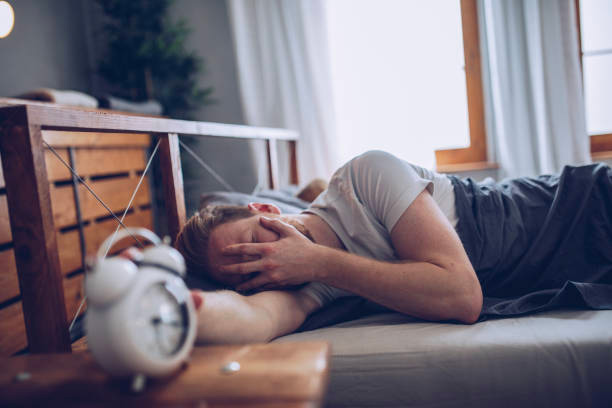Melatonin and Sleep: What You Need to Know
Do you have trouble sleeping? Are you constantly feeling exhausted and run down? If so, you may be suffering from a lack of sleep. Insufficient sleep can lead to all sorts of health problems, including obesity, heart disease, and diabetes. One way to help improve your sleep is by taking melatonin supplements.
What is Melatonin?
Melatonin is a hormone that helps regulate the sleep-wake cycle. The body naturally produces melatonin and it can also be found in some foods. When it starts to get dark outside, the body begins to produce more melatonin, which makes you feel sleepy. Taking a supplement can help increase the amount of melatonin in your system and improve your sleep.
Melatonin and Your Circadian Rhythm

Your body has an internal clock that regulates many of its functions, including when you feel sleepy and when you wake up. This internal clock is known as your circadian rhythm.
Circadian rhythms are regulated by a variety of factors, including light exposure and melatonin levels. Melatonin is a hormone that makes you feel sleepy and is produced by the pineal gland in response to darkness.
Typically, melatonin levels begin to rise in the evening as it gets dark outside and stay high for most of the night. They then start to decline in the morning as it gets light again. This daily cycle of melatonin production helps to regulate your sleep-wake cycle.
There are a number of things that can disrupt your body’s natural production of melatonin, including shift work, jet lag, and exposure to artificial light at night. This can lead to difficulty falling asleep and staying asleep.
Fortunately, there are a number of things you can do to help regulate your body’s production of melatonin, including:
- Avoiding exposure to artificial light in the evening
- Getting outside in the daylight for at least 30 minutes every day
- Limiting caffeine intake in the afternoon and evening
- Keeping a regular sleep schedule as much as possible
If you frequently have trouble sleeping, you may also want to consider taking a melatonin supplement. Melatonin supplements can be found over the counter and come in a variety of forms, including tablets, capsules, and liquids.

Before taking a melatonin supplement, it’s important to speak with your healthcare provider to ensure it’s safe for you. Melatonin is generally considered safe for most people when used short-term. However, there are some potential side effects, such as headache, nausea, and dizziness.
How Does Melatonin Work?
Melatonin supplements work by helping to regulate the sleep-wake cycle. The body naturally produces melatonin and it can also be found in some foods. When it starts to get dark outside, the body begins to produce more melatonin, which makes you feel sleepy. Taking a supplement can help increase the amount of melatonin in your system and improve your sleep.
What are the Benefits of Melatonin?
There are many potential benefits to taking melatonin supplements. Some people find that it helps them fall asleep faster and stay asleep longer. It can also help reduce jet lag and improve sleep quality. Additionally, melatonin may help reduce the risk of certain types of cancer.
Are There Any Side Effects?

The most common side effect of taking melatonin is drowsiness. Other potential side effects include headache, nausea, and dizziness. If you experience any of these side effects, stop taking the supplement and consult with a doctor. You should also talk to a doctor before taking melatonin if you have any medical conditions.
Conclusion
Melatonin supplements can be a helpful way to improve sleep quality. They are safe for most people with few side effects. If you are having trouble sleeping, talk to your doctor about whether melatonin is right for you.


